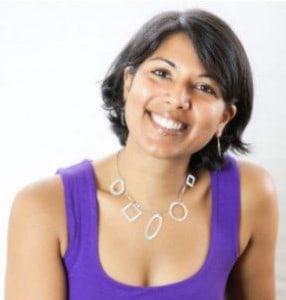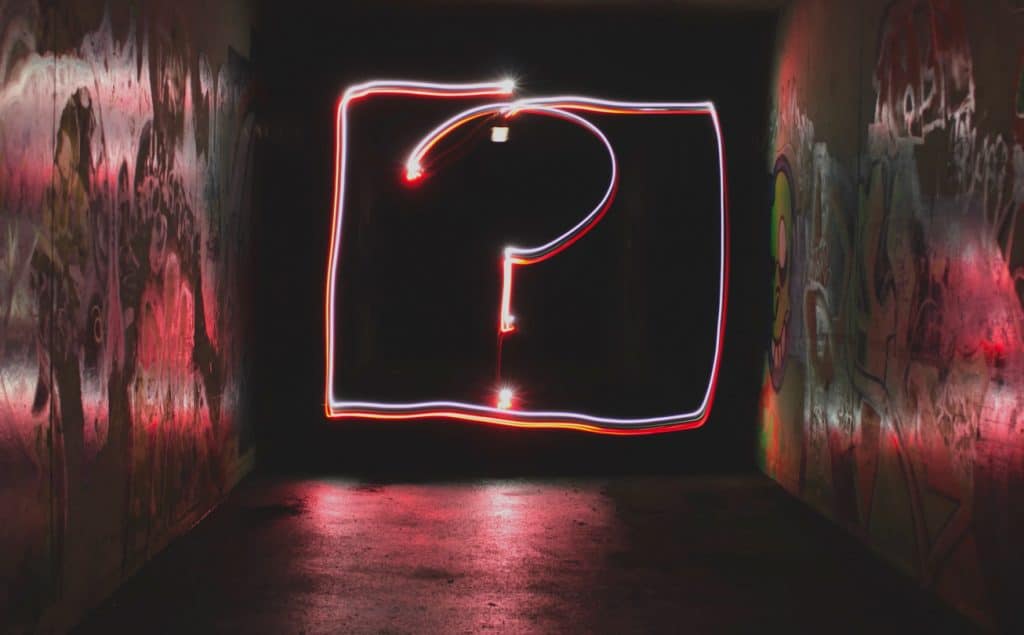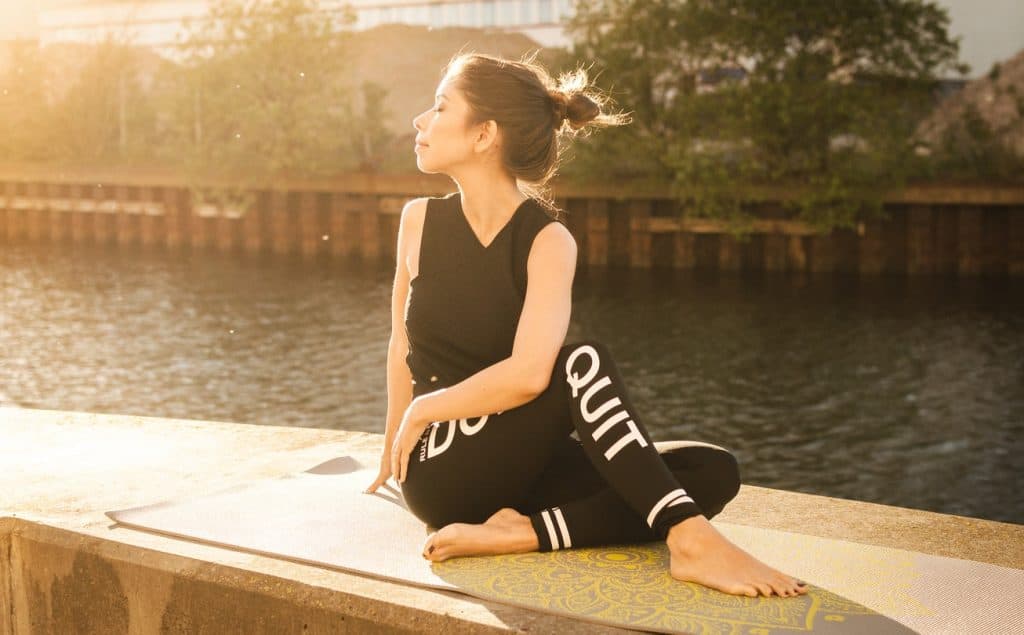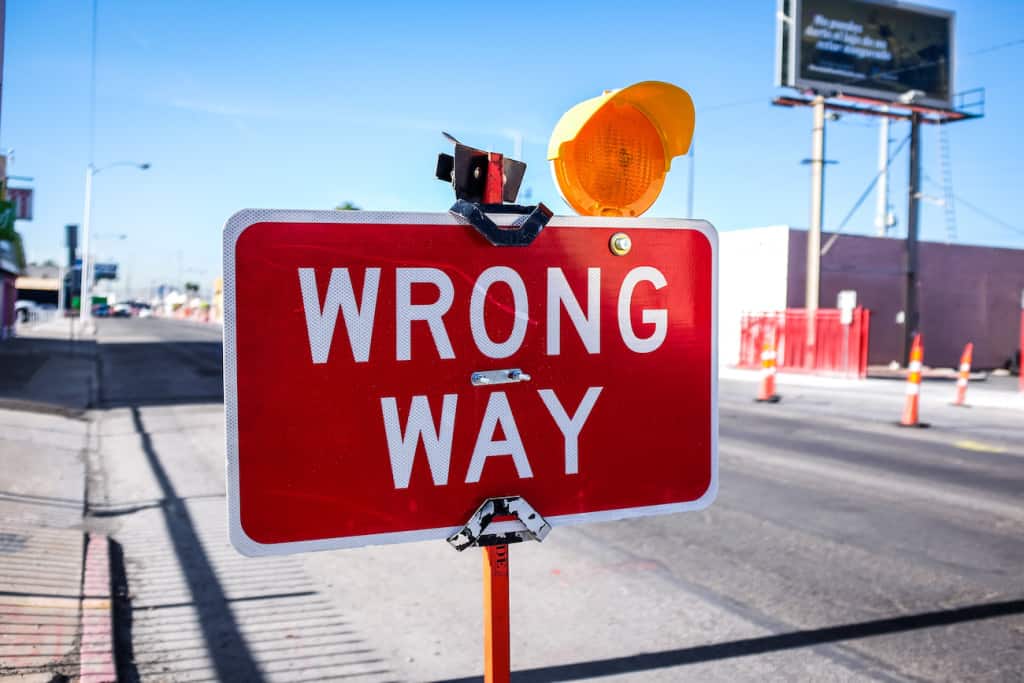What do you believe to be true?
We all have belief. Beliefs are assumptions and convictions that are held to be true by an individual or a group, regarding concepts, events, people and things.
There are some good, but some can be limiting. When we stop to think about it, functionally this is no small thing: lives are routinely sacrificed and saved based simply on what people believe. How do you know what yours are? and if they are holding you back? And what can you do about them? What do you believe to be true?
Here are some examples of beliefs that individuals may form:
- Life is hard
- People can influence my life
- You should be grateful for having a job and being paid
- The key to success is to work really hard
- Where we are now is where we want to be
- I am not capable of the change I want to see
- Life is joyous
- I am shy
- People are good
- There are never enough hours in the day
- I already know the right way to do things
- I cannot influence others
- I am infinitely resilient
- All behavior flows from the state.
But where do beliefs come from?
A lot of beliefs can come from the associations that we make when we are growing up, and are likely to be a reflection of the belief our parents hold. So you can do and be anything you want to in the world – but you have to believe it.
“First we make our beliefs and then they make us”.
“Whether you think you can or you think you can’t, you’re right”, Henry Ford.
Our beliefs create our reality.
When you have disturbance or stress it means there is a disabling belief. The great news…You can change your beliefs. But how?..let’s break this down:
The Brain
The Brain supports us. The neuroplasticity in the brain can and does change. The untrained brain can point us in the direction that we don’t want. The brain is split into two areas – The thinker and The Prover. The thinker comes up with what we believe is true and the prover confirms it.
There are two levels:
- Brainwashing – where we train the conscious mind.
- Brain training – where we train the subconscious. A well-trained brain = stillness.
You can influence the brain chemicals. When cortisone levels are repressed you are more authentic.
The Body
The body will reveal your real beliefs. If you are stressed, stuck, struggling, at ease, joyous, in the flow – your body reflects this.
Try to be aware of your physiology response, e.g. sweaty palms, nervousness, off-centered.
When we are centered and steady we can go through the whole day without feeling tired. Extreme highs and lows can deplete your energy.
Changing Beliefs – Tools
- Shift your brain gears:
- Mode of survival – “I’ve got to”. “I need to”. “I have to”.
- Mode of possibility – “I can’t = I can”, “I could = I might”.
- Mode of desire – “I want to”. “I like to”.
- Mode of determination – “I will”.
- Mode of appreciation – “I get to do”.
- Be conscious of who is in your space and who you surround yourself with. These are the people we are modelling. Through modelling your subconscious is learning. Which leads to brain rewiring/recalibration.
- Pay attention to your thoughts and what you say.
- Practice power posing. It reduces stress and increases confidence. Two minutes of power posing will change your physiology.
- Mindfulness and Meditation – This will help you give the brain quality instructions.
- Manifestation – Helping you to develop the assumption in your brain that ‘you already are’ / ‘you already have’. For example, see yourself at the end of the day already have completed what you need to do.
What you really give and get is the energy? The words are just entertainment for your conscious mind.
This was presented by Guest speaker Divya Hemnani, Brain Trainer, Mindset Mastery Coach, Transformation Facilitator, Peak Performance Consultant and Speaker. Founder of Intrinsic Brilliance Institute





